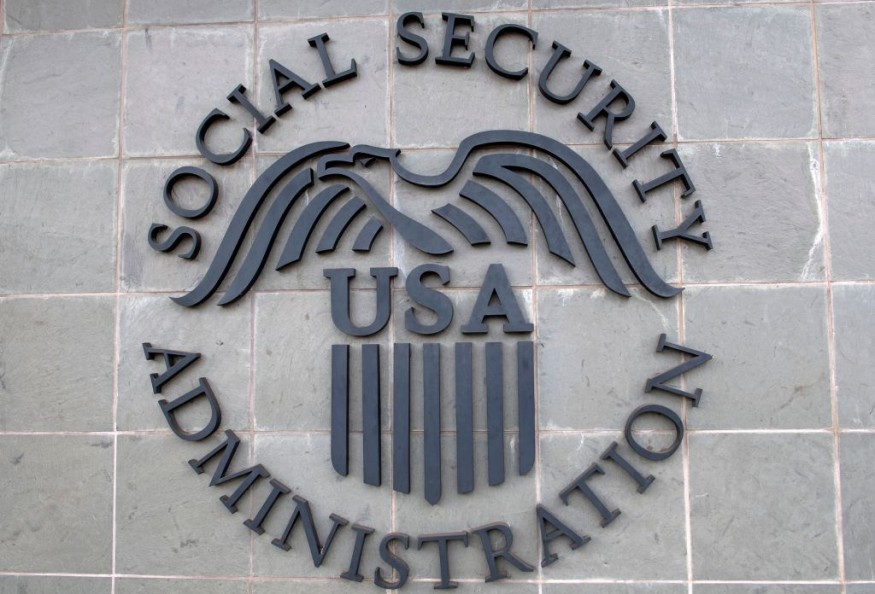Social Security Trust Funds to Run Out of Money Earlier Than Previously Expected

The Social Security trust fund, which most Americans are relying on for their retirement, would run out of money in a span of 12 years, a year earlier than expected, based on an annual government report published on Tuesday.
Based on the Social Security Administration report, the projection, aggravated by the COVID-19 pandemic, threatened the retirement payments to shrink and raised the healthcare costs for older Americans.
Social Security Trust Funds Affected by COVID Pandemic
Managed by the Treasury Department, the two Social Security funds, namely the Disability Insurance Trust Funds and the Old-Age and Survivors Insurance, were reportedly be going to be affected.
These programs have been designed to provide a source of income for workers who have retired or individuals who could not work due to a disability.
According to CNBC, officials noted that the Old-Age and Survivors trust fund would be able to pay the scheduled benefits until 2033, which was a year earlier than the projected date in last year's report.
The Disability Insurance fund is estimated to be supposedly funded until 2057, eight years earlier than in the 2020 report.
Despite being separated under law, the two funds which were considered by the Treasury Department hypothetically combined funds would be able to pay the scheduled source of income of beneficiaries on a timely basis until 2034.
READ NEXT : California Stimulus Checks to Start Going Out Next Week: Who Qualifies and How to Check the Amount
Medicare and Social Security Deteriorated Over Past Year
In a press briefing on Tuesday afternoon, senior administration officials said the spike in deaths among retirement-age Americans in 2020 kept the program cost lower than projected.
However, the officials noted that the COVID pandemic has drained government revenues and put additional strain on the country's most important social safety net programs. They said the long-term effects of the COVID pandemic on the programs are unclear.
The financial outlook for Social Security and Medicare, which are two of the nation's preeminent safety net programs, has deteriorated over the past year due to the ongoing pandemic. COVID-19 hastened retirements and caused a contraction in the size of the U.S. labor force, which heavily affected the programs.
The recent report showed that there was no change from last year's projection that the hospital insurance fund of Medicare would be depleted in 2026. After the projected date, doctors, hospitals, and nursing homes would not receive their full compensation from Medicare, and patients would possibly bear the responsibility for any cuts to coverage.
Furthermore, the Treasury Department said in materials released Tuesday that the finances of both programs have been significantly affected by the pandemic and the recession of 2020. The combined effects of a dive in employment, interest rates, earnings, and GDP, as well as higher mortality for the next few years "all significantly impact the outlook of the programs." the department noted.
Overall, the funds acted as pillars that uphold the retirement plans of millions of Americans, from present to future. Americans who for decades assume that the programs they spent years contributing to in payroll taxes would, in turn, provide for them would end.
READ MORE : White House Says Next Stimulus Checks Depends on the Congress, Says It's Costly for Federal Government
This article is owned by Latin Post
Written by: Jess Smith
WATCH: Social Security Trust Funds Now Projected to Run Out of Money Sooner - From Inside News
Subscribe to Latin Post!
Sign up for our free newsletter for the Latest coverage!
© 2026 Latin Post. All rights reserved. Do not reproduce without permission.














